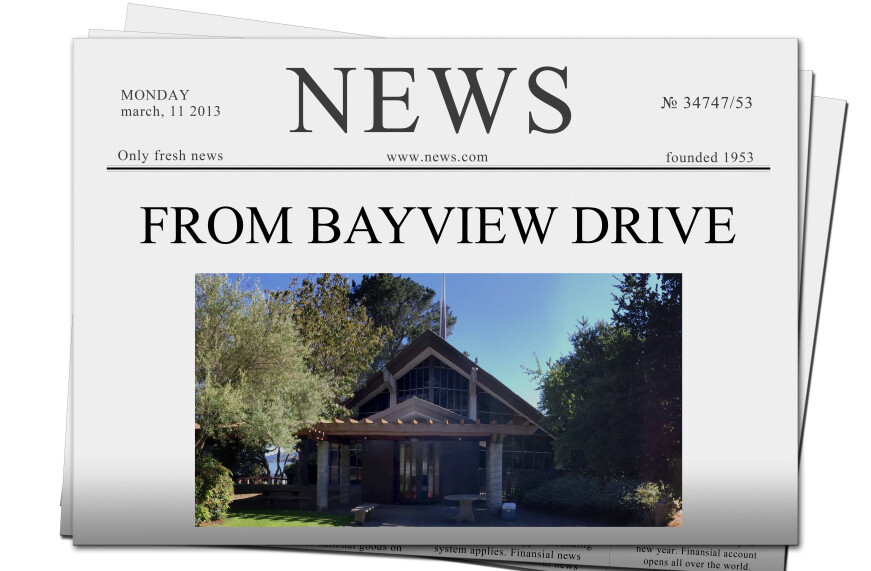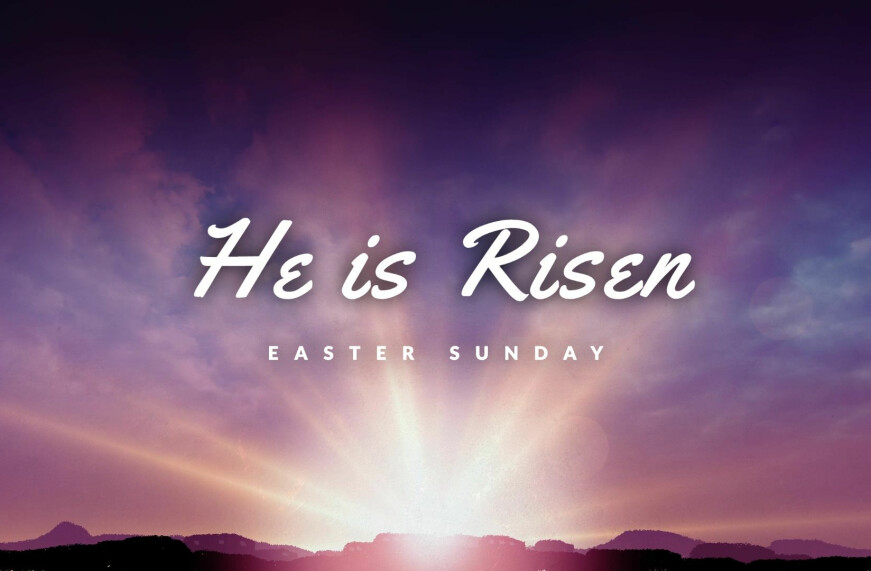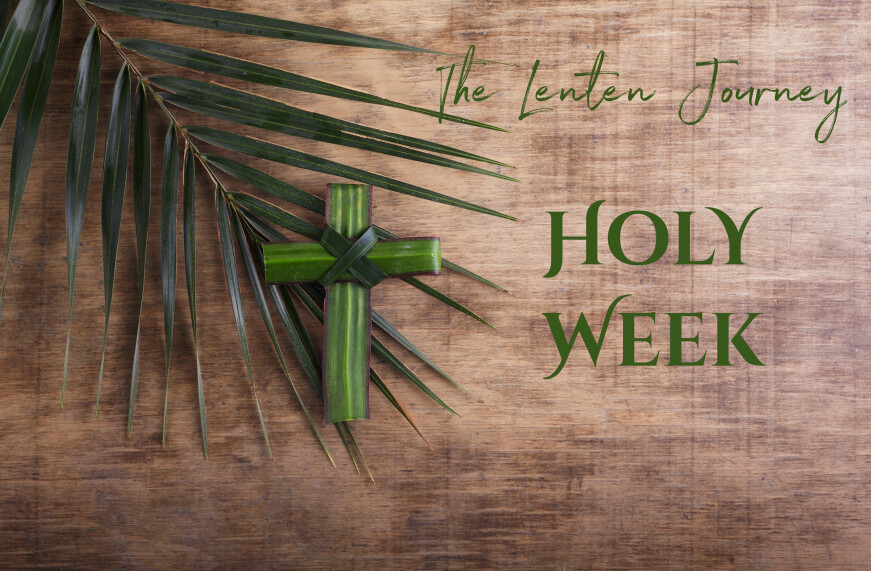Sunday, April 11, 2021

Dear St. Luke Family,
Happy Easter! While we celebrated the Resurrection on Sunday, we now enter the season of Easter, when we spend time figuring out what the Resurrection means for us. For the next few weeks, the lectionary Scripture passages show Jesus struggling to convince the disciples – and all the generations of disciples who follow them – what happened. This week we meet the disciple Thomas, who, very unfairly in my opinion, ended up with the nickname “Doubting Thomas.” But rather than lecture you on why doubt is not only normal but perhaps a necessary element of faith, I’m going to tell you a story.
For centuries, in Catholic, Orthodox, and Protestant countries, Easter Monday and “Bright Sunday” (the Sunday after Easter) were observed by the faithful as “days of joy and laughter.” These celebrations were rooted in the musings of early church theologians that Easter was “God’s supreme joke played on death.” Risus paschalis – “the Easter laugh,” the early theologians called it.
There is, in fact, something intrinsically funny about theology. As one writer puts it, “How can we hope to grasp the significance of God’s self-revelation in Scripture when we can’t even discern the meaning of ‘Dancing with the Stars’”? It reminds me of an old “Peanuts” cartoon. Snoopy is on top of his doghouse tapping away on his typewriter. Charlie Brown looks up and says, “I hear you’re writing a book on theology. I hope you have a good title.” Snoopy takes his hands off the keyboard for a second, thinking, “I have the perfect title…” and then he imagines the title: “Has It Ever Occurred to You That You Might Be Wrong?”
So this Sunday, I’ll tell a light-hearted story, very loosely modeled on “The News from Lake Wobegon” from “A Prairie Home Companion.” Very. Loosely. Join us Sunday for “The News from Bayview Drive.”
Grace and peace,
Joanne Whitt
Interim Pastor


